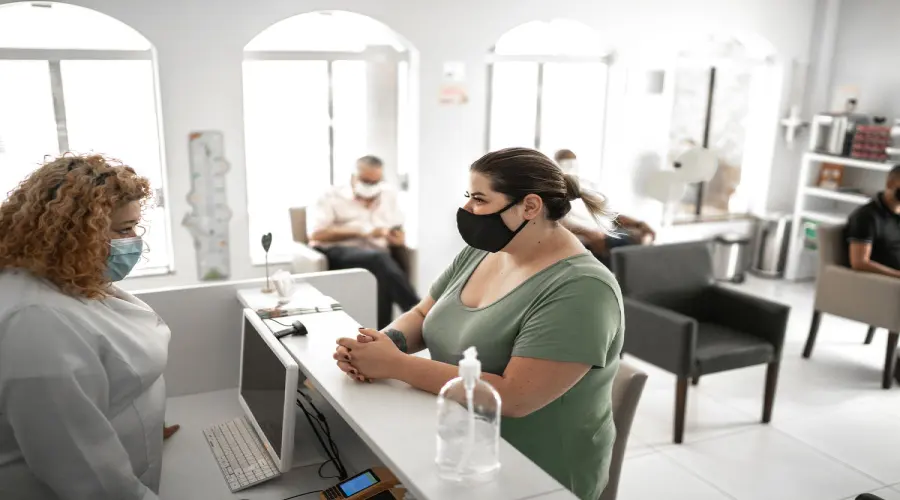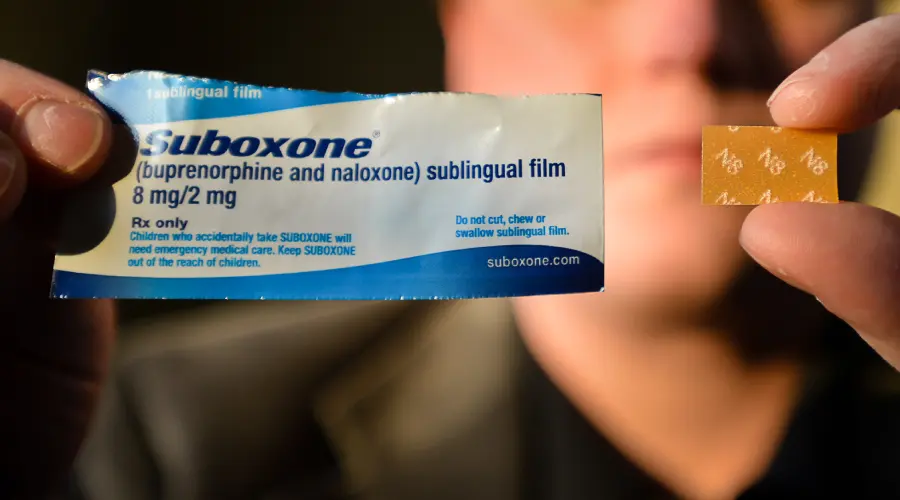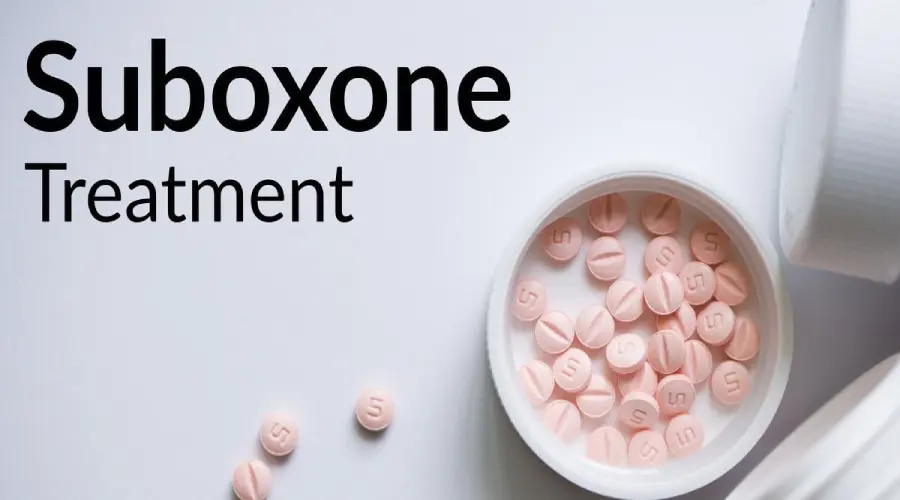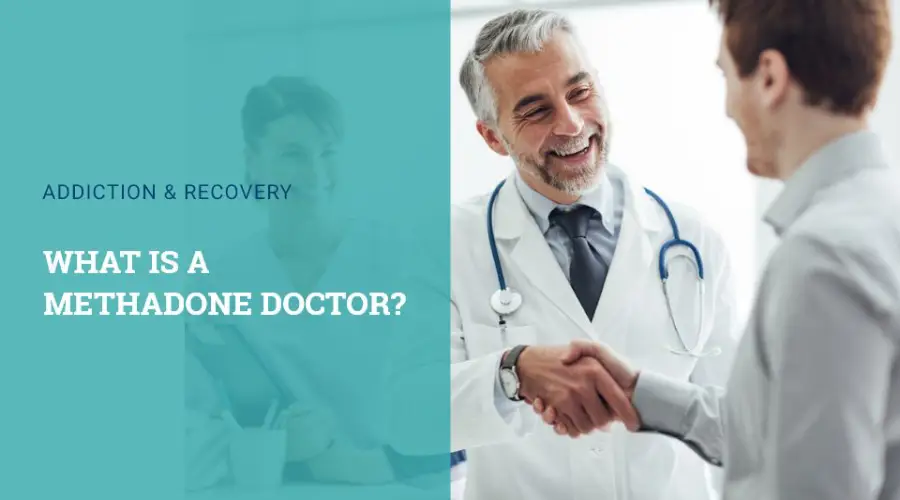Addiction to opioid drugs can prove very damaging for addicts, their family members, and their friends. The effects of a strong dependency affect the addict and their loved ones in every aspect psychologically, physically, and physically. It's extremely difficult to be free from opiates without proper treatment. If you do decide to seek treatment, it usually takes more than one treatment to get better. In order to find solutions the majority of addicts sign up for an ongoing program for Methadone Treatment. However, these programs can be fraught with controversy, and some people might be more dependent on methadone than they did in the first place with their drug of choice.
The Basics Of A Methadone Maintenance Program
The idea behind this maintenance plan for Methadone is that using alternative therapy for drug use will help reduce the adverse effects of addiction and allow addicts to function at increased performance. Methadone clinics give patients daily doses of methadone (sometimes along with an extra dose they can take at home) to fight cravings and dependence. Methadone is an opioid. However, it is more stable than other opioids (therefore aids in avoiding withdrawal in people who suffer from it) It also is less likely to cause feelings of euphoria like other opioids and is especially effective if it is taken in smaller doses by a person who has a high tolerance.
Once they are been enrolled in a program that helps maintain their methadone, they receive daily doses. They can either gradually stop taking methadone or take the drug for a lengthy period (or all the remainder of their life) to replace street opioids. The most important argument behind maintenance with methadone is that it assists in keeping people from the streets and lowers the chance for HIV and Hepatitis C transmission (because it decreases the number of needles that are used and shared) and allows addicts to lead in a normal way and be productive and reduces the consumption of illegal substances like heroin. Many believe that because it is managed in a controlled, controlled environment, that maintenance with methadone is a viable way to prevent overdoses as well as the physical risks related to addiction to opiates.

The Side Effects Methadone
Some individuals are in favor of the maintenance treatment using methadone there are several serious disadvantages to this treatment method. In the beginning, methadone is a substance that can be addicting and can lead to habit-forming. Its long-term use can create a massive addiction to the drug, and also unpleasant withdrawal symptoms when the user stops using it.
Methadone is usually utilized for short periods of time during detox programs. But, if employed for a longer period the drug may trigger withdrawal symptoms that are similar to those caused by heroin. If someone decides to stop taking methadone, they'll experience extreme withdrawal and could be at risk of getting back. Addiction can result from various factors like physical and emotional conditions. If someone is in an ongoing treatment program to maintain their methadone levels but has not been treated for any of the underlying issues that may have led the individual to be addicted as they start to detox from methadone they'll be in the same position - not being treated and prone to the possibility of relapse.
In addition, it doesn't accomplish anything to combat the primary causes of addiction or co-occurring disorders. being highly dependent, methadone has significant negative side consequences. These are:
- Sedation insomnia, chronic fatigue
- Sleep pattern is changing
- Increases or decreases appetite, weight gain
- Tooth decay
- Muscle weakness
- Constipation or diarrhea
- Confusion
- A Heartbeat that is irregular or abnormal
- Problems in the respiratory system
- Memory decline and impaired cognition
- Changes in mood
- Seizures
The possibility exists of death from an overdose of methadone, especially when taken together with other substances like alcohol or benzodiazepines. Because comprehensive treatment isn't usually part of a regular maintenance program for Methadone Doctors, it's feasible for patients to use other drugs while taking methadone, and be at risk of a fatal overdose if they do so.
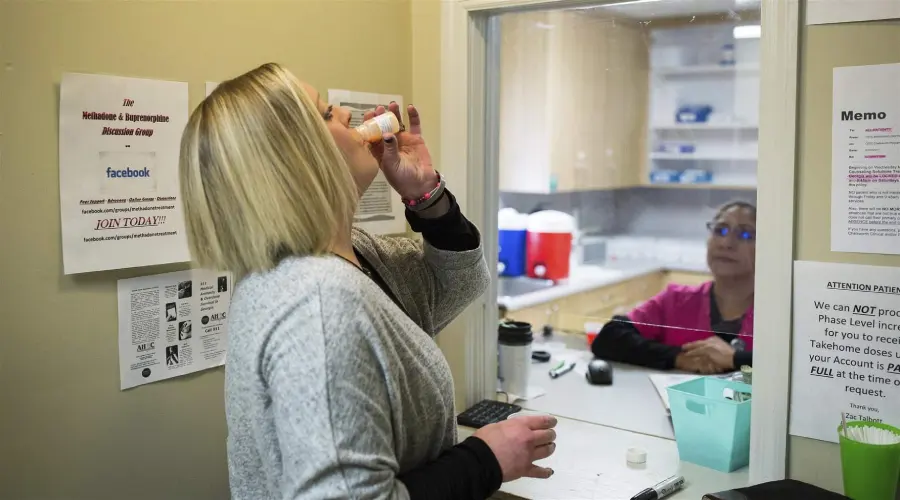
Comprehensive Treatment
The concept of enlisting in a maintenance program for methadone may have benefits or appears to be the best option to combat addiction. However, it's a risky option that could result in an increased dependence on drugs or a myriad of harmful adverse side effects. In reality, having no addiction issues is not a result of dependency on a substitute drug.
There is the possibility of using methadone in some situations, for instance, to decrease the incidence of blood infections that may be transmitted, or in an effort to reduce harm however, there is a different option for many sufferers. There is a method to stop being addicted to opiates, without using other drugs by going through extensive treatment for addiction.
